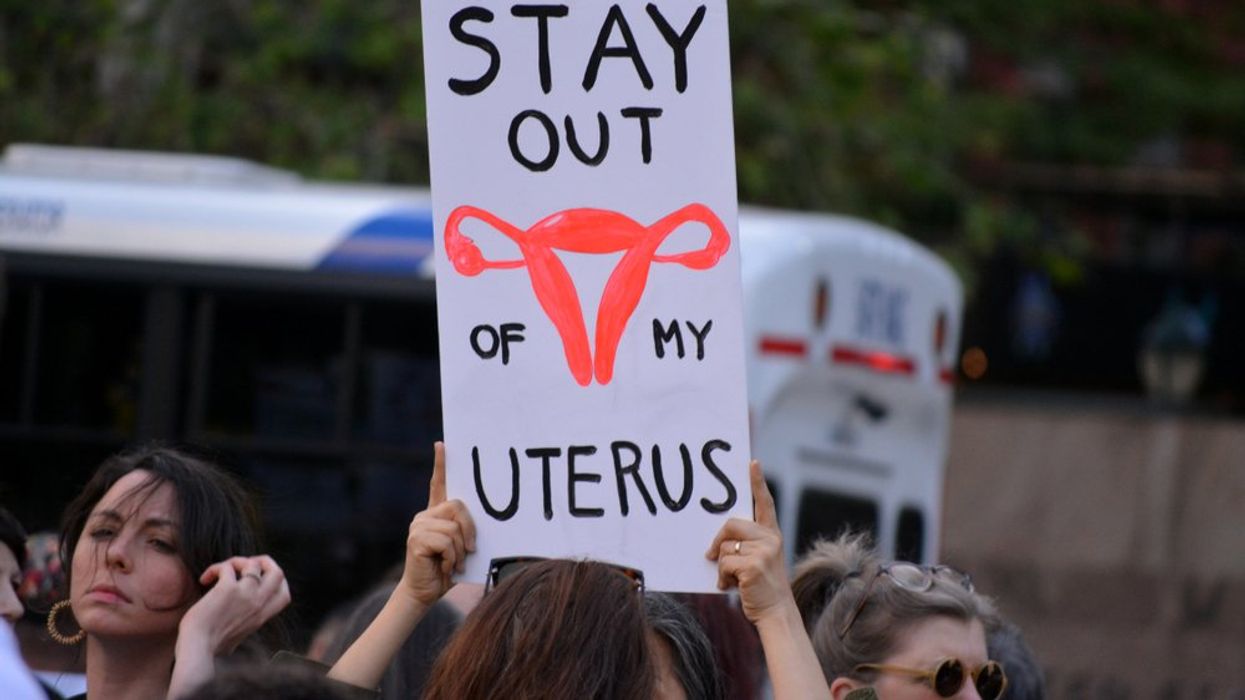On Monday, North Dakota became the latest state to to enact a near-total abortion ban, just one month after the state's Supreme Court blocked a similar law.
Before the law, abortions had been legal up until 22 weeks. Now, only cases of rape and incest are eligible, and victims only have up until six weeks to terminate their pregnancy. Beyond then, the procedure is only permissible if it can “prevent the death or a serious health risk” for the mother.
The definition of "serious health risk" is deliberately vague, threatening doctors with felony prosecution even if they perform the procedure to save the mother's life. Healthcare professionals already under time constrictions would need to provide documentation proving that the abortion was necessary.
The state's trigger ban was blocked last month after the Red River Women’s Clinic — the only abortion provider in the state — filed a lawsuit. The State Supreme Court ruled that the state Constitution protected the procedure in some instances.
Elisabeth Smith, director at the Center for Reproductive Rights, which brought the lawsuit on the clinic, told The New York Times that the newest legislation was an attempt by Republican lawmakers to bypass the legal systems.
“North Dakota lawmakers are attempting to bypass the state Constitution and court system with this total ban,” she said. “They made the exceptions a little bit less narrow but essentially tried to repackage the trigger ban.”
Smith added that the center was reviewing the new law and had not yet “determined what the next steps will be.”
The Red River clinic has since moved across the border into Minnesota and ceased providing abortions in North Dakota. Tammi Kromenaker, director of the Red River clinic, called the law “an assault on bodily autonomy and abortion rights.”
“This legislation is out of step with the people of North Dakota,” she said.



















































